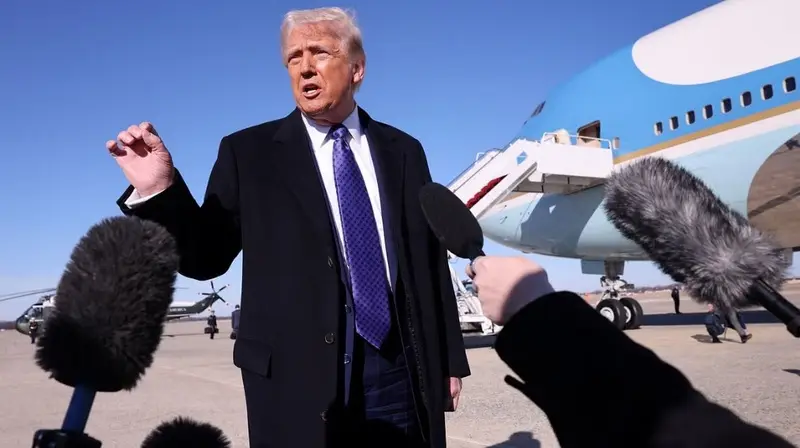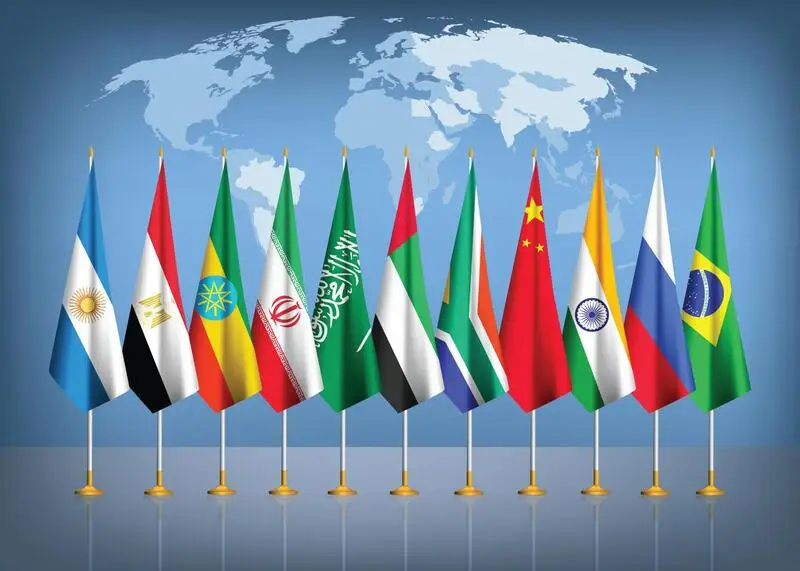US President Donald Trump said that he threatened BRICS with 150% tariffs on goods if they seek an alternative currency to the dollar. The alliance of nine countries kick-started the de-dollarization agenda after the US pressed sanctions on Russia in 2022. China and Russia spearhead the initiative convincing developing countries to settle trade in local currencies.
Also Read: BRICS Continue To Discuss Alternative Payment Options to the US Dollar
“You know, the BRICS states were trying to destroy our US dollar. They wanted to create a new currency,” Trump said on Thursday when addressing the Republican Governors Association in Washington. He also suggested that the alliance wanted to use the Chinese yuan for trade settlements instead of the US dollar.
“So, when I came in, the first thing I said is ‘any BRICS state that even mentions the destruction of the US dollar will be charged a 150% tariff,'” he noted. “We don’t want your goods,” the US President added.
After threatening them with 150% tariffs on goods entering the US, Trump said that he hasn’t heard much from BRICS thereon. “We haven’t heard from the BRICS states lately,” concluded the President.
Also Read: BRICS: Russia Explores Major Partnership With the U.S.
BRICS: Getting Rid of the US Dollar Becomes a Herculean Task With Tariffs

The BRICS alliance is finding it hard to end dependency on the US dollar with Trump’s 150% tariff threat. Developing countries know that Trump does not shy away from imposing tariffs if they don’t fall in line. The President is unpredictable and imposing 150% tariffs will seriously hamper their imports and exports sector leading to market instability.
Also Read: De-Dollarization: The Idea of Undermining the US Dollar Is Dead
Trump has already imposed 10% tariffs on BRICS member China and also slapped 25% tariffs on Mexico and Canada. China retaliated and imposed counter-tariffs on some US goods entering the Communist country. The trade wars have made the markets worried as the policies are directly affecting global businesses. However, the US dollar still remains the de facto currency despite BRICS igniting the de-dollarization process.






